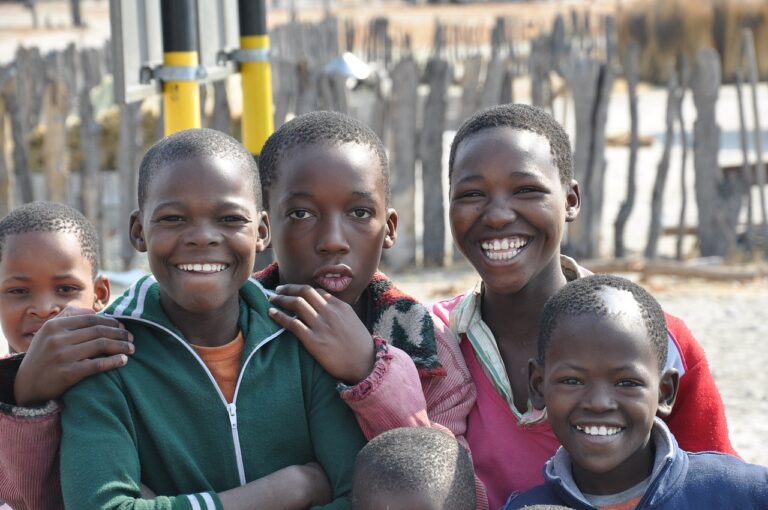Strategies for Supporting Culturally Diverse Students in College and Career Readiness Programs
Culturally diverse students in college and career readiness programs often bring unique perspectives and experiences to the learning environment. It is essential for educators and program designers to recognize and celebrate this diversity, as it enriches the overall educational experience and fosters a more inclusive community. By understanding the cultural backgrounds and perspectives of these students, educators can better support their academic and career goals.
One key consideration for culturally diverse students is the importance of providing access to resources and support that acknowledge and respect their cultural identities. This can include offering mentorship programs, counseling services, and networking opportunities that are sensitive to the needs and values of different cultural groups. By creating an environment that values diversity and promotes cultural awareness, college and career readiness programs can empower students to succeed academically and professionally.
Understanding Cultural Backgrounds and Perspectives
Exploring cultural backgrounds and perspectives within college and career readiness programs is essential for fostering inclusivity and understanding. Each student brings with them a unique set of values, beliefs, and traditions shaped by their cultural heritage. By recognizing and respecting these differences, educators can create an environment that embraces diversity and promotes learning.
Cultural backgrounds play a significant role in shaping an individual’s worldview and approach to education and career development. Understanding students’ cultural perspectives can help educators tailor their support and guidance to meet the specific needs of diverse learners. By being mindful of cultural nuances and communication styles, educators can effectively engage with students from various backgrounds and empower them to achieve success in their academic and career endeavors.
Why is it important to consider cultural backgrounds in college and career readiness programs?
Understanding cultural backgrounds helps educators tailor their approach to meet the needs of diverse students, leading to better outcomes and success.
How can educators accommodate culturally diverse students in their programs?
Educators can incorporate multicultural perspectives in their curriculum, provide resources in multiple languages, and create a welcoming and inclusive environment for all students.
What are some challenges that culturally diverse students may face in college and career readiness programs?
Culturally diverse students may face language barriers, lack of access to resources, and feelings of isolation if their cultural backgrounds are not acknowledged and respected.
How can educators promote cultural awareness and sensitivity in their programs?
Educators can engage in professional development on cultural competence, collaborate with community partners to provide culturally relevant resources, and actively listen to the experiences and perspectives of their students.
How can students from different cultural backgrounds benefit from a culturally inclusive college and career readiness program?
Students from different cultural backgrounds can feel empowered, supported, and validated in their identities, leading to increased motivation, engagement, and success in their academic and career pursuits.





